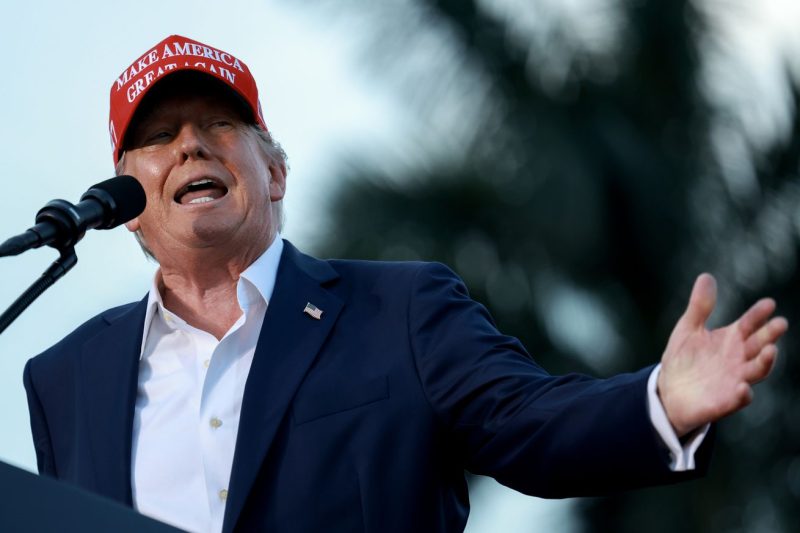In a significant move illustrating the evolving landscape of social media moderation and political content regulation, Meta Platforms Inc., the parent company of Facebook and Instagram, has announced the lifting of restrictions on former President Donald Trump’s accounts on its platforms. This decision comes after almost two years of suspension following the Capitol riot of January 6, 2021.
The suspension of Trump’s accounts marked a watershed moment in big tech’s influence over political discourse, highlighting the power of social media companies to regulate content and consequently impact public opinion and political narratives. Meta’s decision to reinstate Trump’s accounts signifies a shift in approach, emphasizing the need for clearer guidelines and a more transparent process for content moderation, especially concerning high-profile political figures.
The extended suspension of Trump’s accounts prompted debates surrounding freedom of speech, censorship, and the role of social media platforms as gatekeepers of online expression. Critics argued that the suspension amounted to censorship and a suppression of conservative voices, while supporters of the move viewed it as a necessary measure to prevent the spread of misinformation and incitement to violence.
By removing the restrictions on Trump’s accounts, Meta is signaling that individuals, regardless of their political affiliation or status, should not be permanently silenced on social media platforms. However, this decision also raises questions about the criteria for suspending or reinstating accounts, the consistency of enforcement across different users, and the potential impact on the overall ecosystem of online discourse.
Furthermore, Meta’s move reflects a broader trend of social media companies reevaluating their content moderation policies and their approach to handling contentious political content. The decision to reinstate Trump’s accounts comes amid ongoing discussions about the regulation of big tech companies, antitrust concerns, and the need for increased transparency and accountability in the tech industry.
As social media platforms continue to play a prominent role in shaping public discourse and influencing political outcomes, the actions of companies like Meta will be closely scrutinized for their implications on free speech, the spread of misinformation, and the power dynamics in the digital age. The lifting of restrictions on Trump’s accounts serves as a reminder of the complex challenges that arise at the intersection of technology, politics, and public discourse, highlighting the ongoing need for thoughtful and nuanced approaches to content moderation and platform governance.






















